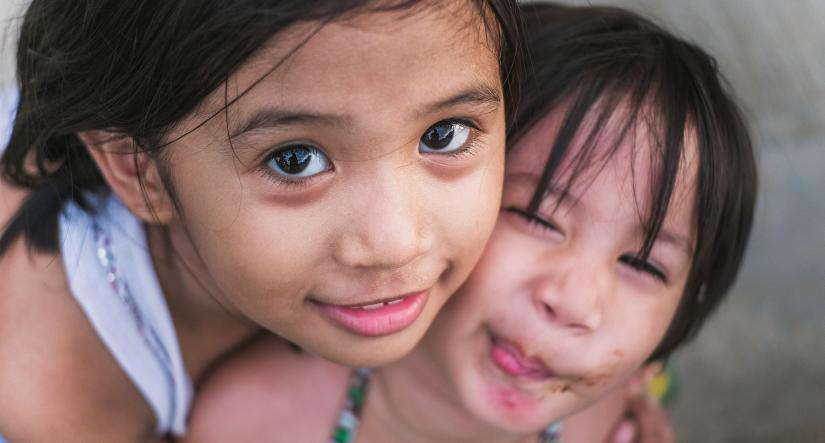
More children are getting their education at home than ever. According to the National Home Education Research, there are now nearly five million homeschooled students in the U.S., including children ages 5 to 17 with a grade equivalent of kindergarten through grade 12. In 2019, that number was 2.5 million. One question many parents considering homeschooling ponder is, how will their kids be properly socialized in a homeschool rather than in a school environment?
First, we need to understand what socialization means. The Encyclopedia of Infant and Early Childhood Development defines socialization as the process whereby an individual’s standards, skills, motives, attitudes and behaviors change to conform to those regarded as desirable and appropriate for his or her present and future role in any particular society.
Proper socialization can help kids have a brighter future. According to a study published in the American Journal of Public Health, a child’s social and emotional skills in kindergarten might be the most significant predictor of success in adulthood. Indeed, socialization provides tangible benefits. Children will gain benefits such as stronger friendships, reduced stress, empathy, sharing, cooperating, listening, following directions, respecting personal space, making eye contact and demonstrating manners.
For homeschoolers, there are many opportunities for socialization. It is essential to know that most homeschoolers spend only a portion of time learning in the home. Often, they complete their day’s academic work within a few hours, providing adequate time for other activities.
Proper socialization is more than introducing a child to other children and adults. A variety of experiences enriches the encounters and provides many learning opportunities. For example, at the YMCA of Greater Cleveland, children participate in sports, arts, camps, physical fitness activities and family activities. They are embedded in a safe environment with professionals who are trained to address the needs of each child. The children interact with people of different ages, backgrounds and cultures. A mix of experiences with children of different ages as well as adults gives a child a well-rounded socialization path. By contrast, if a child is consistently interacting with the same group doing the same thing, they are limited in their socialization growth.
The YMCA of Greater Cleveland believes that children in all educational environments need personalized socialization opportunities. All of them have thoughts, ideas, insights, friendships and dreams to share.